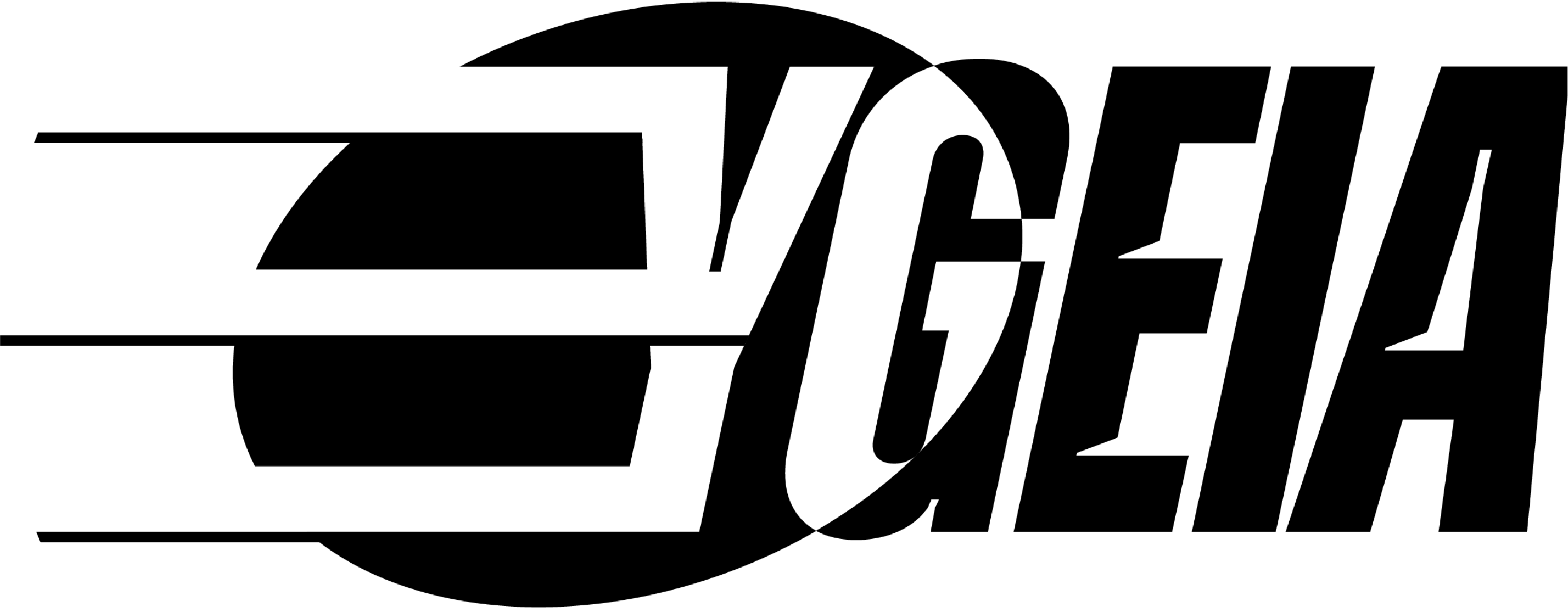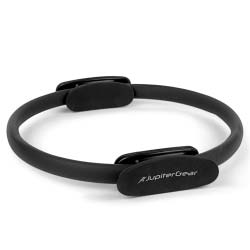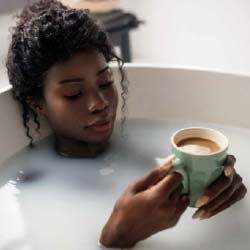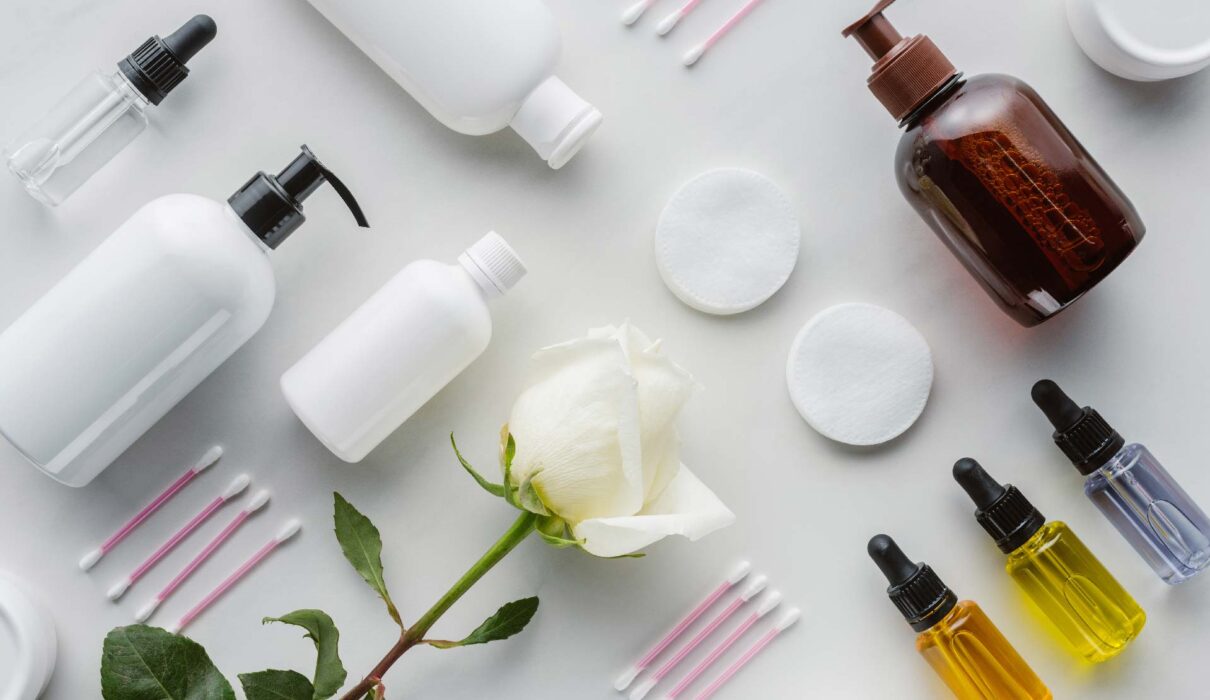Picture this: you’re scrolling through Instagram, and you stumble upon a stunning new makeup brand. Their packaging is chic, their products are luxurious, and their marketing is on point. But here’s the twist—they might not have created those products themselves. Welcome to the world of private label cosmetics, where beauty meets business in the most glamorous way possible.
In this article, we’ll peel back the curtain on private label cosmetics, explore the major brands that use this model, and weigh the pros and cons of this booming business strategy. So, grab your favorite lipstick (private label or not), and let’s dive into the fascinating world of beauty branding!
1. What Are Private Label Cosmetics?
Private label cosmetics are products manufactured by one company but sold under another company’s brand name. Think of it like this: if cosmetics were cupcakes, private labeling would be the baker who makes the cupcakes, while the brand is the bakery that sells them with their own logo and packaging.
How It Works:
• A brand partners with a private label manufacturer.
• The manufacturer produces the products based on the brand’s specifications (e.g., formulas, packaging).
• The brand markets and sells the products as their own.
Why It’s Trending:
Private labeling allows brands to launch quickly and cost-effectively, without the hassle of developing products from scratch.
2. Major Brands That Use Private Label Cosmetics
Private labeling isn’t just for small startups—some of the biggest names in beauty use this model. Here are a few examples:
Kylie Cosmetics:
• Founder: Kylie Jenner
• Private Label Manufacturer: Seed Beauty (also the manufacturer for ColourPop)
• Path to Success: Kylie leveraged her massive social media following to launch her brand, which quickly became a billion-dollar empire.
Fenty Beauty:
• Founder: Rihanna
• Private Label Manufacturer: Kendo Brands (a subsidiary of LVMH)
• Path to Success: Fenty Beauty disrupted the industry with its inclusive shade range and high-quality products.
Morphe:
• Founder: Chris and Linda Tawil
• Private Label Manufacturer: Crown Brush
• Path to Success: Morphe gained popularity through collaborations with influencers and affordable, high-quality makeup brushes.
Anastasia Beverly Hills:
• Founder: Anastasia Soare
• Private Label Manufacturer: Various manufacturers
• Path to Success: Known for its iconic brow products, Anastasia Beverly Hills expanded into a full cosmetics line with the help of private labeling.
Why It’s Important:
These brands prove that private labeling isn’t a shortcut—it’s a smart business strategy that can lead to massive success.
3. The Advantages of Private Label Cosmetics
Private labeling offers a host of benefits for both brands and consumers. Here’s why it’s so popular:
Cost-Effective:
•. Brands can save on R&D and manufacturing costs, allowing them to focus on marketing and branding.
Quick Launch:
•. Private labeling enables brands to bring products to market faster than developing them in-house.
Customization:
•. Brands can customize formulas, packaging, and branding to create a unique product line.
Scalability:
•. As demand grows, brands can easily scale production without investing in their own facilities.
Focus on Marketing:
•. With manufacturing handled by experts, brands can focus on building their brand and connecting with customers.
Why It’s Trending:
In a fast-paced industry, private labeling allows brands to stay agile and responsive to trends.
4. The Disadvantages of Private Label Cosmetics
While private labeling has its perks, it’s not without its challenges. Here are some potential downsides:
Limited Control:
•. Brands may have less control over the quality and consistency of products.
Less Differentiation:
•. Since multiple brands may use the same manufacturer, products can end up looking and feeling similar.
Profit Margins:
•. While private labeling is cost-effective, profit margins can be lower compared to in-house production.
Dependence on Manufacturers:
•. Brands rely heavily on their manufacturers, which can be risky if issues arise.
Why It’s Important:
Understanding the pros and cons helps brands make informed decisions about their business strategy.
5. How to Succeed with Private Label Cosmetics
Thinking of starting your own private label cosmetics brand? Here’s how to make it a success:
Choose the Right Manufacturer:
•. Research manufacturers carefully to ensure they meet your quality and ethical standards.
Focus on Branding:
•. Your brand identity is what sets you apart. Invest in unique packaging, storytelling, and marketing.
Know Your Audience:
•. Understand your target market and tailor your products to their needs and preferences.
Stay Trend-Savvy:
•. Keep an eye on industry trends and be ready to adapt quickly.
Prioritize Quality:
•. Even though you’re not manufacturing the products yourself, quality should always be a top priority.
6. The Role of Private Label Cosmetics in YGEIA’s Holistic Lifestyle
At YGEIA, we believe that beauty is more than skin deep. That’s why we’re passionate about supporting brands that prioritize quality, sustainability, and inclusivity—whether they’re private label or not.
Private label cosmetics are the unsung heroes of the beauty industry, empowering brands to bring their visions to life without breaking the bank. From Kylie Cosmetics to Fenty Beauty, these brands prove that with the right strategy, private labeling can lead to massive success.
So, whether you’re dreaming of launching your own beauty empire or just curious about the business behind the glam, remember: private labeling is more than just a trend—it’s a game-changer. And who knows? The next big beauty brand could be just a private label away.
